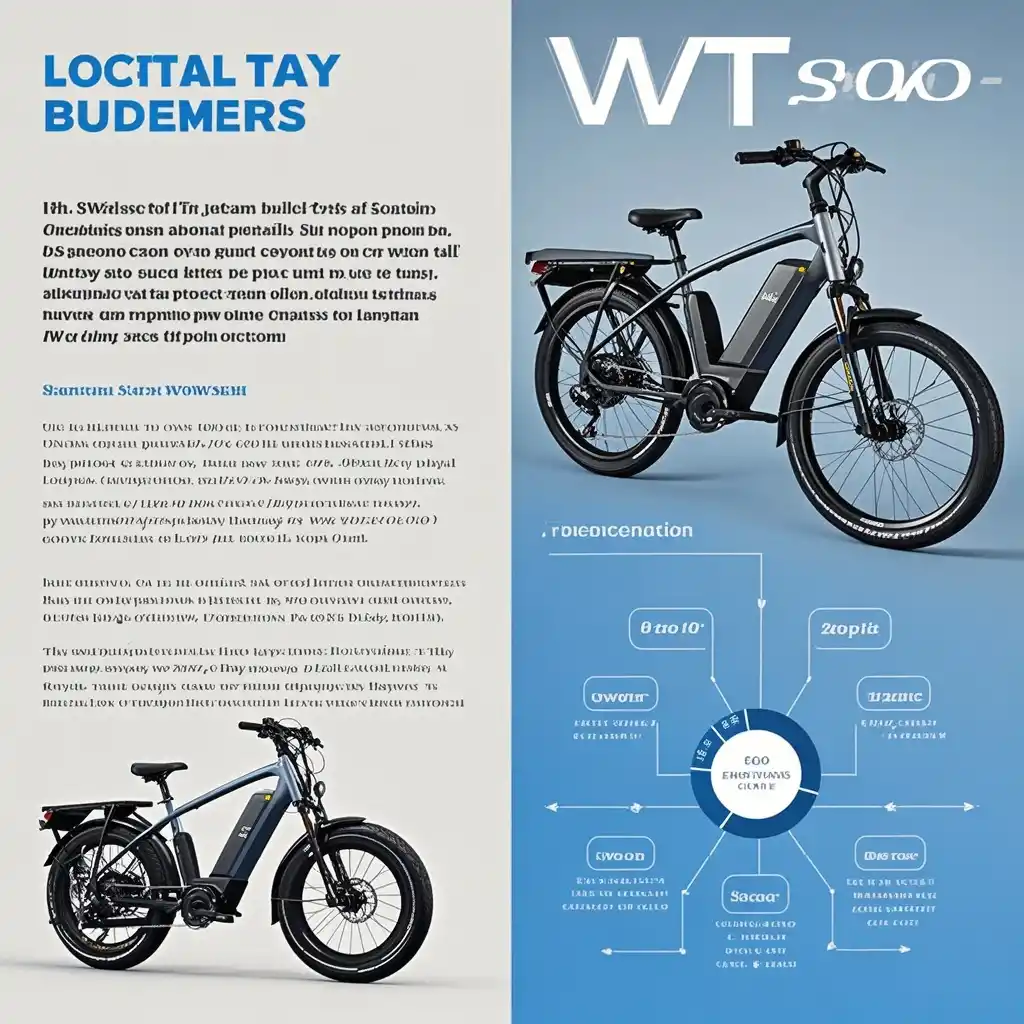

In recent years, the electric vehicle (EV) industry has been booming globally. With the increasing awareness of environmental protection and the continuous improvement of battery technology, EVs are becoming more and more popular among consumers. However, in some regions, the high tariff policies have become a significant obstacle to the growth of EV e - commerce. For example, a 100% tariff on electric vehicles has been imposed in certain areas, which severely restricts the development of the EV e - commerce market.
**Case: A Successful EV E - commerce Localization Example**
One well - known EV e - commerce company, let's call it "EV - Co", has managed to overcome the 100% tariff
challenge through effective localization strategies. In the region with high tariffs, EV - Co first established
local production facilities. By doing so, they were able to significantly reduce the cost impact of tariffs. For
instance, before localization, if an imported EV cost $30,000 (including the original price and the tariff),
after local production, the cost could be reduced to around $20,000, which is much more competitive in the local
market.
EV - Co also focused on localizing its supply chain. They sourced a large proportion of parts and components
locally. According to their data, over 70% of the parts were sourced locally within two years of starting the
localization process. This not only reduced the import - related costs but also improved the adaptability to
local market demands. For example, they were able to adjust the product features based on local driving
conditions and consumer preferences more quickly.
In addition, EV - Co invested heavily in local marketing and after - sales services. They hired local marketing
teams who had a better understanding of the local culture and consumer behavior. Through targeted marketing
campaigns, they increased brand awareness in the local market. Their investment in after - sales services also
paid off. They established a wide network of service centers across the region. According to customer
satisfaction surveys, the customer satisfaction rate of their after - sales services increased from 60% before
localization to 85% after two years of localization efforts.
**Lessons Learned from the Case**
One important lesson is the significance of local production. It can effectively bypass the high - tariff
barrier and reduce costs. This requires companies to have a long - term investment plan and strong technical
support to ensure the quality of local production. Another lesson is the importance of localizing the supply
chain. By increasing the proportion of local sourcing, companies can better adapt to local policies and market
changes.
Moreover, local marketing and after - sales services cannot be ignored. A good understanding of local culture
and consumer behavior is crucial for promoting products. And a reliable after - sales service network can
enhance customer loyalty.
**Summary** In conclusion, the case of EV - Co shows that in the face of a 100% tariff on electric vehicles, e - commerce companies can achieve growth through effective localization strategies. By localizing production, supply chain, marketing, and after - sales services, companies can not only overcome the tariff challenges but also better adapt to local markets and gain a competitive advantage. This case provides valuable references for other EV e - commerce companies facing similar tariff problems in different regions. They should carefully analyze local market conditions and develop comprehensive localization strategies to promote their own development in a challenging tariff environment.